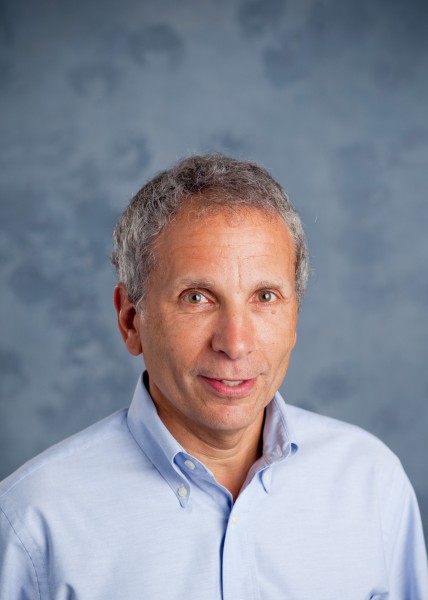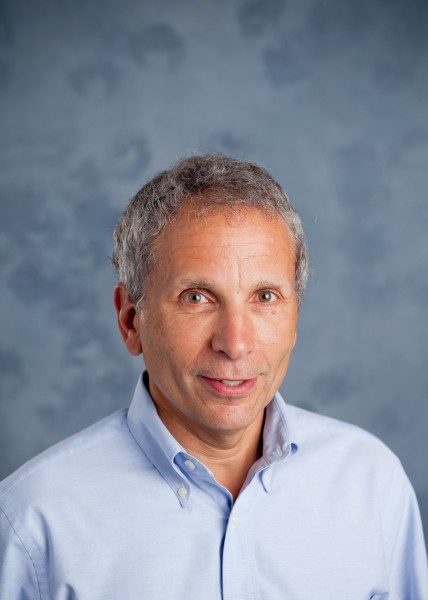
21 Jan To Your Health: Covid-19, Update on New Variants!
Part-time Telluride local, Dr. Alan Safdi, is a world-renowned internist and gastroenterologist with encyclopedic knowledge of mind-body wellness and preventative medicine. He posts regularly on Telluride Inside… and Out under the banner of “To Your Health.” His blogs feature the most current information in his fields: health, wellness and longevity.
Links to Dr. Alan’s podcasts and narratives on COVID-19 are here.
This week, Dr. Alan talks in depth about the new coronavirus variant. His podcast on the subject is here.
Information in the podcast includes:
1. How many vaccine candidates are already approved worldwide?
2. How should I proceed after I am vaccinated?
3. Am I protected after my first vaccination?
4. Are these vaccines safe?
5. How does mRNA work?
6. How long does mRNA last in your cells?

First identified in the United Kingdom last year, a new variant of the virus that causes COVID-19 has increased concern throughout the world. Viruses are prone to mutations. Indeed, all genetic material, including that of humans, can mutate when mistakes occur during replication. A mutation of a virus occurs when there is a change in its genetic sequence. That creates variation and drives virus evolution.
Mutations lead to changes in the proteins that are encoded in the viral genetic code. These changes can either be advantageous, harmful, or neutral. The B.1.1.7 variant has 23 mutations. Six cause no change in the amino acid sequence of the virus. Of the remaining 17 mutations, eight affect the spike protein. Researchers estimate that B.1.1.7 is 50–75% more transmissible. The only good news so far is the B.1.1.7 variant has demonstrated no evidence that it is more likely to cause severe disease or mortality. A recent study, which appears on a preprint server, concludes that the Pfizer-BioNTech vaccine effectively neutralizes the B.1.1.7 variant that was first seen in the United Kingdom.
A potential huge problem is that we have other potentially worrisome variants. The South African the B.1.351 variant also has a N501Y amino acid change in its spike protein.
The coronavirus variant detected in South Africa poses a “significant re-infection risk” and raises concerns over vaccine effectiveness, according to preliminary research released on 1-20-2021, as separate studies suggested the British strain would likely be constrained by immunizations.
Several new variants—each with a cluster of genetic mutations—have emerged in recent weeks, sparking fears over an increase in infectiousness as well as suggestions that the virus could begin to elude immune response, whether from prior infection or a vaccine.
These new variants, detected from Britain, South Africa and Brazil, have mutations to the virus’ spike protein, which enables the virus to latch onto human cells and therefore plays a key role in driving infections. But it is one mutation in particular—known as E484K and present in the variants detected in South Africa and Brazil, but not the one from Britain—that has experts particularly worried about immunity “escape.” In a new study, which has not yet been peer reviewed, researchers in South Africa tested the variant found there—called 501Y.V2—against blood plasma from recovered COVID-19 patients.
They found that it was resistant to neutralizing antibodies built up from prior infection (possibly very problematic), but said more research was needed into the effectiveness of other parts of the immune response. However, these calculations are controversial and preliminary.
Let’s now take a better look at vaccine efficacy with our current strains.
Please do not consider yourself potentially immune from a case of clinical COVID until you wait at least 14 days post vaccination.
What happens after you get your first dose of the Pfizer vaccine? The Pfizer-BioNTech vaccine is roughly 52% effective after the first dose. Out of 36,523 participants in the phase three trial – the final stage of testing where people either received two full doses, 21 days apart, or a placebo – who had no evidence of existing infection, 82 people in the placebo group and 39 in the vaccine group developed Covid-19 symptoms. This early protection comes with some important caveats. First, the protection doesn’t kick in until at least day 12 – until then, there was no difference between the two groups. Secondly, one dose is still significantly less protective than two. The latter is 95% effective at preventing the disease after a week.
UK’s Vaccine Committee decided to calculate the efficacy of the vaccine differently. Instead of using all the data on the number of infections, including from days when the first dose hadn’t yet started to work, they only looked at days 15-21. Using this method, the efficacy of the vaccine jumps up to 89% (after the first beyond day 14), because it’s not being diluted by the relatively high number of infections before the vaccine begins to have an effect. Taking things even further and only looking at the first seven days after the second dose (days 21-28) – because the second dose might not have kicked in yet by then – it’s 92%. In my mind this methodology gives us a much better assessment of the true efficacy of the vaccine after the first dose.
Older individuals may not have as much of a robust response to vaccines. Remember this is why we now have a high dose flu vaccine for patients over 65. Israeli experts highlight that the level of protection after the first dose of COVID-19 vaccination may not be as high as many hoped in the older populations. A first data analysis suggests an effectiveness of 33% from 14 days after vaccination in people over 60.
As we get large numbers post marketing we will have a much better idea of the true efficacy after one shot and after two shots. We will also be able to better assess the efficacy in the older patient populations and those who may have compromised immune systems for a variety of reasons. At this point we still have a lot to learn.
Dr. Alan, more:

Dr. Alan Safdi is board-certified in Internal Medicine and in Gastroenterology and is a Fellow of the American College of Gastroenterology. A proven leader in the healthcare arena, he has been featured on the national program, “Medical Crossfire” and authored or co-authored numerous medical articles and abstracts. Safdi has been involved in grant-based and clinical research for four decades and is passionate about disease prevention and wellness, not just fixing what has gone wrong. He is an international lecturer on the subjects of wellness, nutrition and gastroenterology.


Sorry, the comment form is closed at this time.